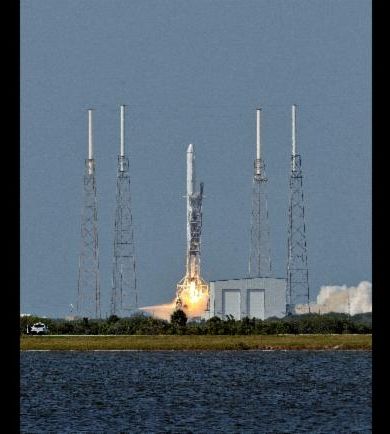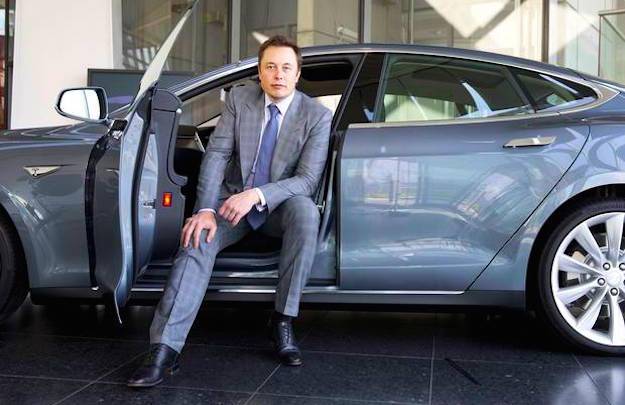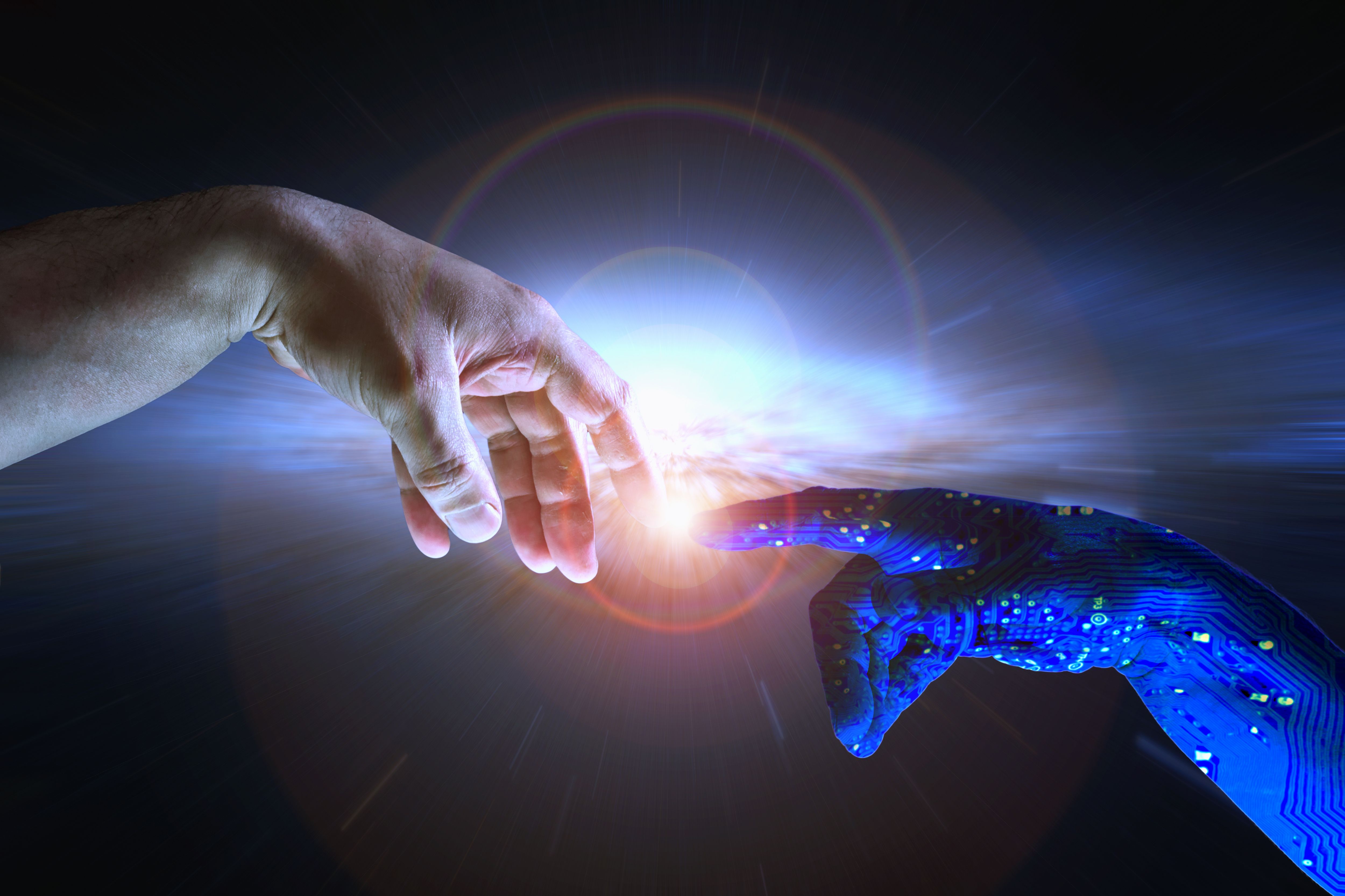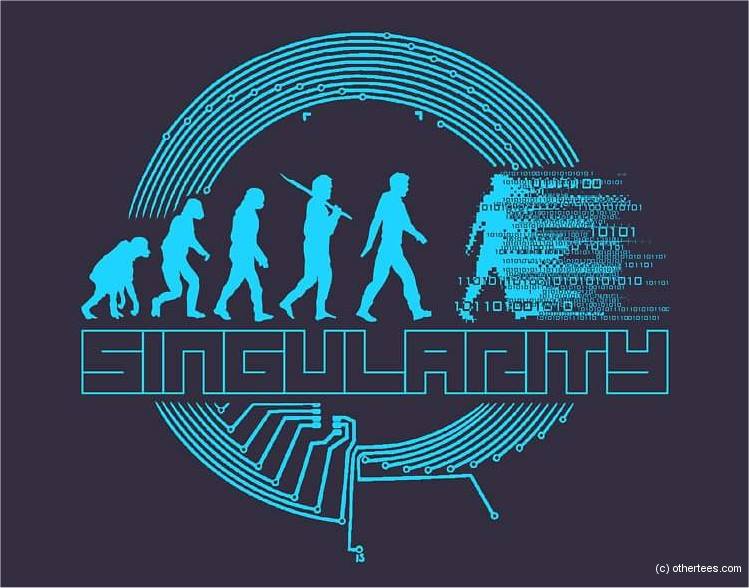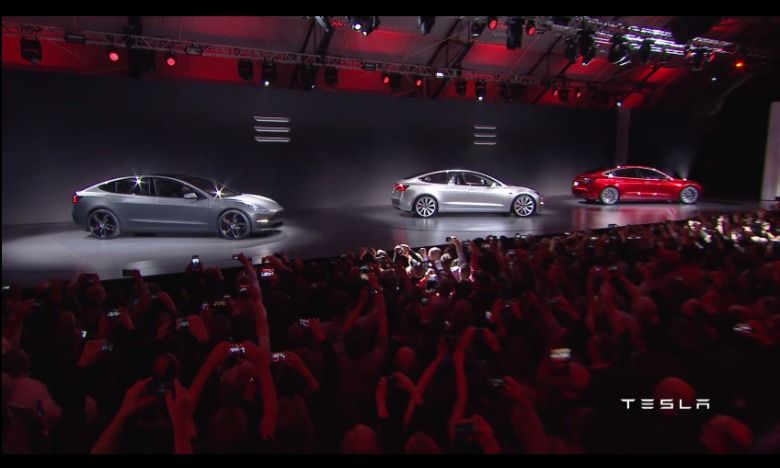Getting beyond the commercial space hype; will the new captains of the space industry really bring about interplanetary commerce? Here’s my take with views from two execs at The Space Frontier Foundation.
The entrepreneurial captains of the new commercial space frontier are sometimes brash, sometimes brazen, and often larger than life. But are they really going to get us beyond low-Earth orbit (LEO)?
For those of us who grew up in an era when NASA budgets were a tenet of Cold War geopolitics, it’s understandable that we approach this new phase of private space funding with a mixture of excitement and trepidation. But are we Apollo-ites simply being too skeptical?
After all, Elon Musk’s SpaceX has proven that it can deliver goods to the International Space Station (ISS) and is in the midst of testing reusable rockets. Jeff Bezos’ Blue Origin has successfully tested its own reusable rocket. And Robert Bigelow’s Bigelow Aerospace has just made good on its inflatable habitat now attached to the ISS.
